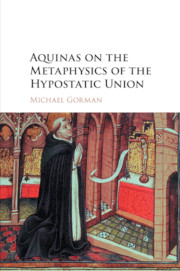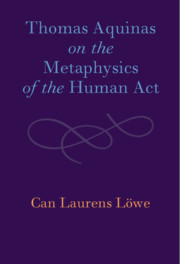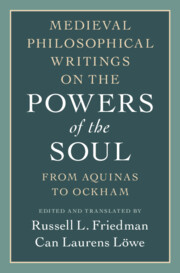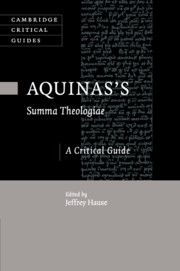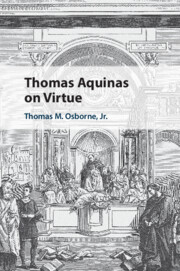Aquinas on the Metaphysics of the Hypostatic Union
The hypostatic union of Christ, namely his being simultaneously human and divine, is one of the founding doctrines of Christian theology. In this book Michael Gorman presents the first full-length treatment of Aquinas's metaphysics of the hypostatic union. After setting out the historical and theological background, he examines Aquinas's metaphysical presuppositions, explains the basic elements of his account of the hypostatic union, and then enters into detailed discussions of four areas where it is more difficult to get a clear understanding of Aquinas's views, arguing that in some cases we must be content with speculative reconstructions that are true to the spirit of Aquinas's thought. His study pays close attention to the Latin texts and their chronology, and engages with a wide range of secondary literature. It will be of great interest to theologians as well as to scholars of metaphysics and medieval thought.
- Examines and assesses Aquinas's arguments and discussions, paying close attention to the original Latin and taking account of chronology
- Engages secondary literature from numerous Anglophone and continental scholarly traditions, providing new perspectives on common issues and debates
- Provides the first book-length exploration of Aquinas's thought on this central aspect of Christian theology
Product details
No date availableHardback
9781107155329
207 pages
235 × 160 × 17 mm
0.43kg
Table of Contents
- Introduction
- 1. Person and nature in philosophical perspective
- 2. Aquinas's basic view of the incarnation
- 3. The incarnation and divine simplicity, immutability, and impassibility
- 4. How does Christ's human nature not ground its own person?
- 5. The number of existences (esse) in Christ
- 6. The consistency of Christology
- Conclusion.

